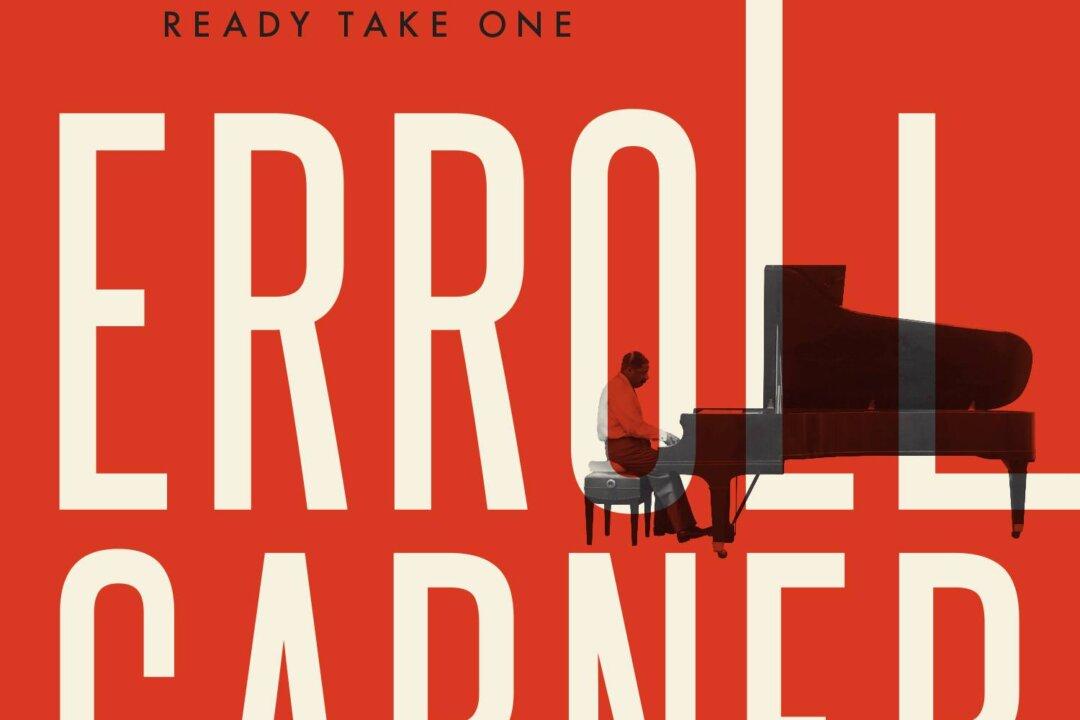How much great jazz, either out of print or perhaps never released at all, is buried in vaults around the world? Two excellent new CDs present for the first time invaluable music by key artists Erroll Garner and Shirley Horn.
Erroll Garner (1923-1977) was one of the most popular and influential jazz pianists of his time. Last year, Sony Legacy released a restored and expanded version of his 1956 “Concert by the Sea” album, and it was a No. 1 hit on the Billboard Jazz Albums chart.
Now, the label is issuing a follow-up “Ready Take One,” a compilation of studio tracks recorded between 1967 and 1971. The title comes from the words spoken on the CD by Martha Glazer (Garner’s long-time manager and producer). The bits of studio banter don’t amount to much, but the music presents the puckish Garner at his best.
The album contains 14 unreleased studio performances by Garner, backed by drummers Jimmie Smith and Joe Cocuzzo, bassists Ernest McCarty Jr., Ike Isaacs, and George Duvivier, plus José Mangual on conga.
Of special value are the six originals, starting with the funky “High Wire.” “Wild Music” lives up to its title, while “Back to You” is a lovely ballad, done here in a lush style. “Latin Digs” is a finger-snapper, sparked by Magual’s conga work and “Chase Me” is another barnburner. “Down Wylie Avenue” is a blues named for a street in Pittsburgh, Garner’s hometown.
“I Want to be Happy,” taken at a breakneck pace, is Garner at his most jubilant. “I’m Confessin'” is the pianist’s tip of the hat to “Fats” Waller, while “Sunny” is another finger-snapper.
As usual, the beginning of Juan Tizol-Duke Ellington’s “Caravan” offers no hint at the tune and the rendition here is quite different from the one on “Concert by the Sea.”
The Ellington-Strayhorn “Satin Doll” is another reminder of Garner’s affection for the Duke’s music. Victor Young’s “Stella by Starlight” is the musical theme from the movie ghost story, “The Uninvited.” The version here is unusually lively.
The album ends with Garner’s most famous composition, “Misty” (which he had previously recorded a number of times but always managed to make fresh).







